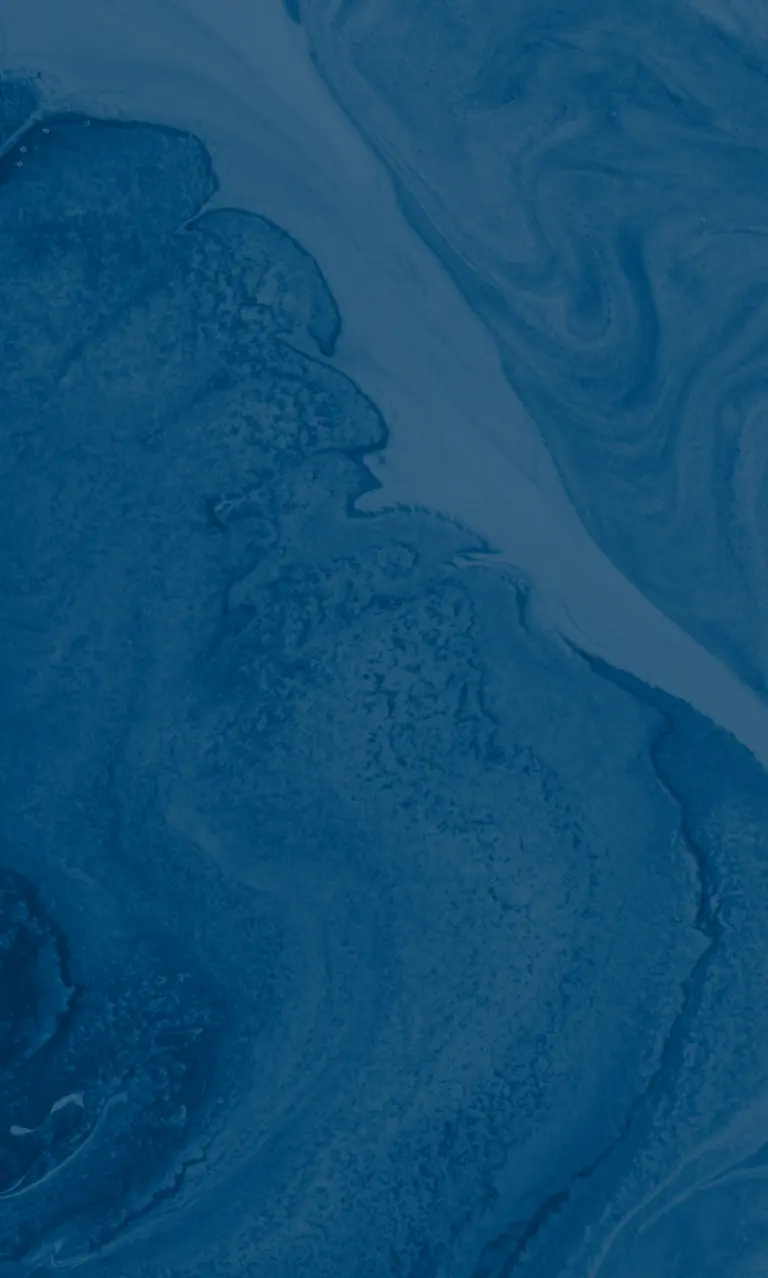HOLOFARM Developing sea-cucumber farming, a new, innovative form of aquaculture
Diversifying towards farming new species is becoming a fundamental issue for the sustainable management of shellfish to ensure that primary coastal activities may be secured over the long term.
HoloFarm is aimed at launching sea-cucumber farming as a new aquaculture industry, based on successfully breeding and raising native sea cucumbers. The project is focused on understanding the target species better and on perfecting breeding and production cycles, from hatchery through to fattening.
Due to the many commercial interests afforded by sea-cucumber production, the industry offers economic development potential that is so far untapped in Europe. In addition, sea cucumbers, and particularly those displaying scavenging and psammivorous behaviour, have a major ecological role to play in the healthy functioning of ecosystems. Sea cucumbers provide a useful ecosystem service and, as a result, mono- or polyculture of the species offers numerous prospects for sustainable aquaculture.
The ambition of the HoloFarm project is therefore to develop a new form of production that offers the prospect of economic development, particularly for exports. Other goals envisaged include offering a new food resource and improving the environmental quality of littoral and shellfish-farming zones.
Partners
Centres de recherche
- Laboratoire de Biotechnologie et Chimie Marines de l'Université de Bretagne Occidentale, Quimper
- Station de biologie marine - MNHN, Concarneau
- Station Biologique de Roscoff
- Agrocampus Ouest - site de Begmeil [Porteur de projet]
Entreprise
- Comité Régional Conchylicole de Bretagne Nord, Morlaix
- AQUA B, Plobannalec Lesconil
Funders
- Fonds Européen pour les Affaires Maritimes et la Pêche (FEAMP)
